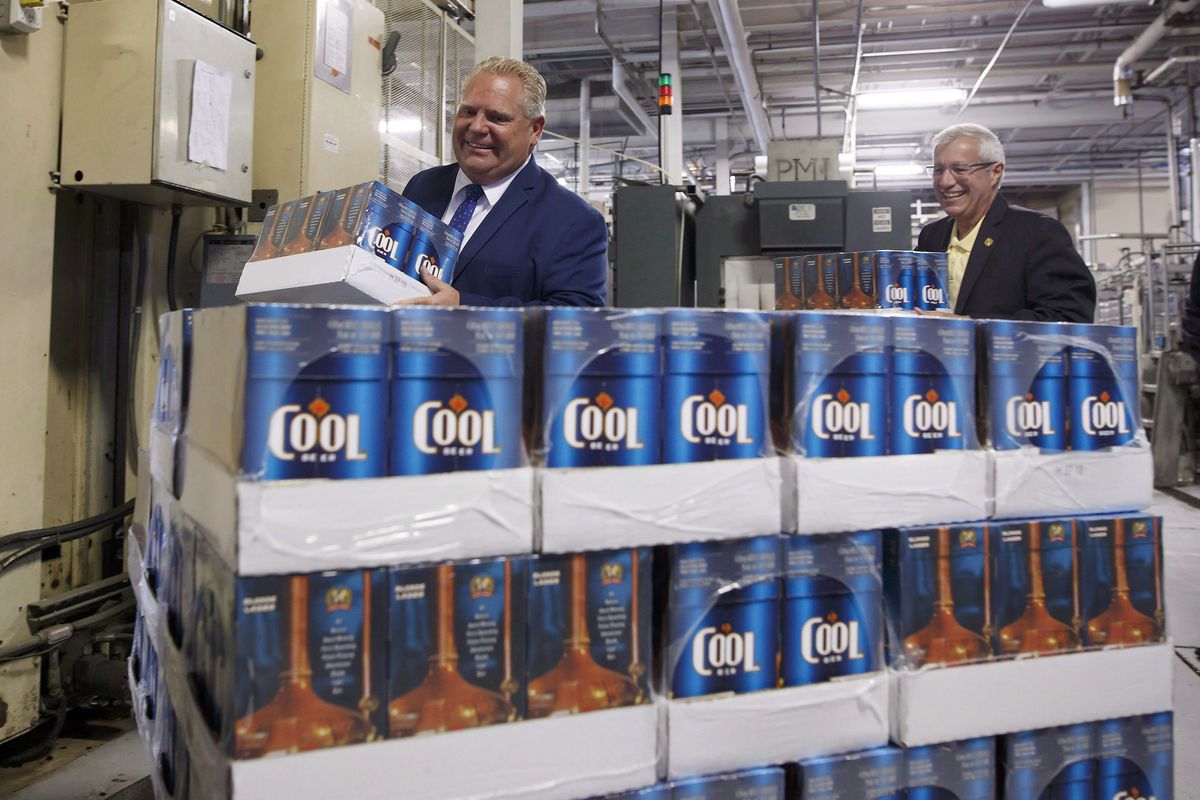- cross-posted to:
- canada@lemmy.ca
- cross-posted to:
- canada@lemmy.ca
The Ontario Public Health Association … cites multiple studies showing that increases in the number of places where alcohol can be bought in Ontario, and in other jurisdictions, have already led to more consumption and more of the harms that come with it, such as suicides, drunk driving, emergency-room visits and higher rates of cancer.
I enjoy booze, but I like that it’s hard to get. I don’t need any more encouragement to mess up my liver.



There’s also the increased suicides, emergency room visits, and cancer rates.
Access to alcohol is fine, but it shouldn’t be encouraged. A little bit of friction discourages access, and helps people moderate themselves.
I’ve lived in quite a few places in my life and those that have the worst alcohol problems are the most restrictive ones. Restricting means more binge drinking, there’s a lot of empirical evidence showing that.
Perhaps it’s high time our government stops treating us like irresponsible children.
Cool anecdote, but the article mentions a correlation between increased availability and the issues mentioned.
The relationship probably isn’t causal!! How do you know that it isn’t simply the case that the places with the worst alcohol problems adopt the strongest restrictions?
I know that from official data and having lived there. Restrictions are a catalyst for excessive use. Those restrictions have been around for quite some time and generally haven’t made things any better. Those who want to drink will drink, regardless of how many assholes are between them and the liquor store.
This points to other socioeconomic causes for alcoholism. Any prohibition or restriction is just punishing the victims further.
Simply living someplace doesn’t give you any special insight into such a complex topic, especially if you are not educated to be a researcher in the field and haven’t conducted any actual research. It’s just some rando’s opinion based on random stuff that happened to them.
Perfect! Please cite the data you are using to make these remarkable claims.
Just to be crystal clear, is it your belief that our best science predicts that the proposed changes will not increase alcohol consumption? Cuz when I state it like that, I feel like I must be being quite unfair to whatever it is you do actually mean.
“I don’t like feeling like someone is treating me like a child,” is both an unhelpful way of interpreting the situation – no one is treating anyone like a child, they are treating them like human beings who are subject to addiction and lapses in judgement while intoxicated (so much worse than children) – and also a really poor and selfish reason to inflict the negative effects that do correlate with increased availability on other people.
Family trauma, child neglect and abuse, intergenerational trauma, etc etc